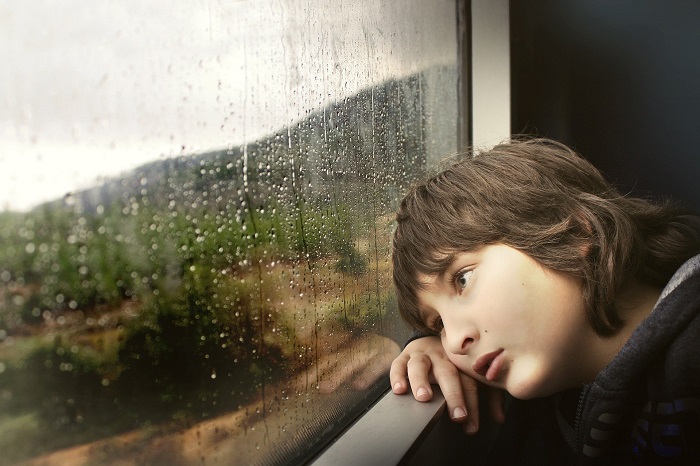
How to Help a Child Cope with a Grandparent’s Death
The death of a grandparent may be the first time that your child encounters death. Grieving any loved one is a challenge, but the loss of a grandparent to a child comes with its own coping challenges. Grandparents can play a key role in a child’s development and they often share a special relationship.
When a grandparent dies, children can feel and show their grief in different ways depending on how close they were with the deceased. Here are ways you can help your child cope with their loss:
- Listen and comfort. Just as grief is unique to each person, so is it for children. Your child may react differently than you expect. They may cry, not seem to react at all or ask lots of questions. Being there for your child by listening to them and showing affection is a great reassurance for them.
- Encourage them to talk about their feelings.Talking about your own feelings can help your child be aware of their own and feel more comfortable with sharing them. You could say things like, “You must be sad, Grandma died. I am, too,” or “Grandma loved you very much and she knew you loved her, too.”
- Help them overcome fear of death. Your child may now fear losing another grandparent, a friend, or even you. Reassure them with simple words such as, “I plan to be here for a long time.” Calming their fears about death will help them see that dying is a natural part of living.
- Let your child understand what to expect. If the death of a grandparent in your house means changes in your child’s life, then be clear on how those changes will be resolved. Perhaps someone else will now pick them up from school or take them to a special place on the weekends.
- Decide on whether they should attend the funeral. Funerals can be overwhelming for children. However, you know your child best and can make the best decision on whether they should attend a funeral or not. Here is a guide to help you decide. You might also need to explain the burial or cremation process, and this is a good time to share your family’s beliefs about what happens to a person’s soul after they die. If your child does attend the funeral, giving them a small role can help them feel like a special part of the service. Perhaps they read a poem, choose photos to display, or pick a song to be played.
- Help your child do things to remember their loved one. Over time, encourage your child to draw pictures, keep mementos, or tell stories of their grandparent. Offer your own memories to show that sharing happy memories enables the healing process. Mentioning their grandparent’s name gives your child permission to talk about them, but don’t dwell on being sad for too long. After a few minutes of listening and sharing, switch to a more upbeat activity together to get back to the daily routine of living.
- Avoid connecting death to sickness or old age. Your child may become very fearful about others becoming sick and dying, or even themselves. They may also see all grown-ups as ‘old’ and then fear losing everyone who they perceive as old. Offering a positive image on the aging process with examples from your own life or others can help them overcome this fear.
- Visit with other grandparents. If your child still has other grandparents, spend some time on a regular basis with them, especially if it’s the spouse of the deceased. This is a good opportunity for your child to keep the memory of their loved one alive while also providing comfort to the remaining grandparent and helping them through their own grief and healing.
As you help your child navigate the grief process, keep in mind that, like any loss, the healing from the loss of a grandparent will happen naturally as time passes. It’s helpful to allow your child to grieve in their own time while also reassuring them that death is a part of life.





